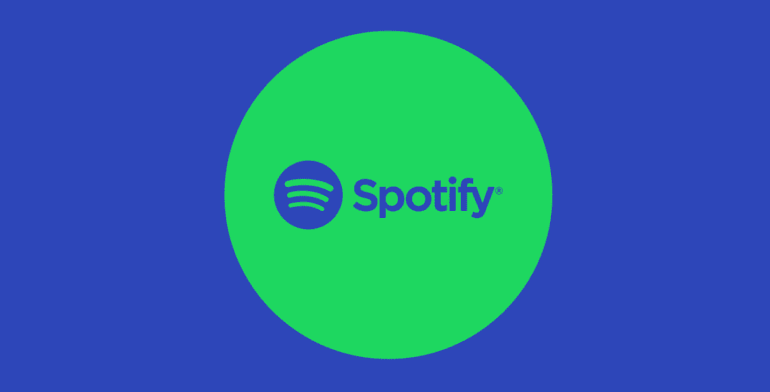TL;DR:
- Spotify trims its workforce significantly, signaling a strategic shift towards AI-driven initiatives.
- The company’s AI efforts include an AI DJ, radio simulations, and AI Voice Translation for podcasts.
- Spotify’s stock has seen substantial gains despite layoffs and market challenges.
- A partnership with Google Cloud aims to enhance recommendation algorithms for audiobooks and podcasts.
- AI-driven personalization has been at the core of Spotify’s user experience since its acquisition of The Echo Nest Corp in 2014.
- Challenges include resource-intensive AI models and limitations in translation tools like Whisper.
Main AI News:
Spotify, a dominant player in the audio-streaming industry, has embarked on a significant transformation by streamlining its workforce to accelerate its foray into artificial intelligence (AI). With a workforce of 9,800 employees at the end of 2022, Spotify’s renowned hyper-personalized user experience relied heavily on AI algorithms. However, the company has recently undergone three rounds of layoffs, trimming its staff by 590 positions in January, 200 in June, and a substantial 1,500 more just this week. This strategic shift has raised eyebrows on Wall Street, but there is a growing belief that it may indeed pay off.
“Spotify is leveraging AI across its platform, launching AI DJ, simulating a traditional radio experience, in 50 additional markets and rolling out AI Voice Translation for podcasts,” reveals Justin Patterson, equity research analyst at KeyBanc Capital Markets. “Coupled with audiobooks rolling out to Premium Subscribers, we believe Spotify has several opportunities to drive engagement and eventually stronger monetization.”
The move seems to be resonating well with investors, as shares of Spotify’s parent company, Spotify Technology SA, have surged by more than 30% over the last six months and an impressive 135% year to date. This pivot is a response to changing market dynamics, characterized by slowed economic growth and increased capital costs. Spotify, like many other tech companies, had to adapt swiftly to evolving circumstances.
Furthermore, Spotify has recently joined forces with Google Cloud to revamp its recommendation algorithms for audiobooks and podcasts. This partnership utilizes Google Cloud’s advanced language models, particularly Vertex AI Search. The use of such large language models marks a significant step in Spotify’s quest for greater efficiency and engagement.
In February, Spotify introduced an “AI DJ” and began utilizing OpenAI’s “Whisper” voice translation tool to convert select English podcast episodes into Spanish, French, and German. The company has hinted at further technological expansion, depending on feedback from creators and audiences alike.
In his third-quarter earnings call, Spotify’s CEO, Daniel Ek, emphasized the role of AI initiatives in enhancing engagement and reducing churn. “Greater engagement also means we produce more value for consumers,” he stated, alluding to the potential for future price increases.
Douglas Anmuth, managing director and internet analyst at JP Morgan, echoed this sentiment in a research note, emphasizing that investments in podcasts and advertisements have the potential to drive long-term engagement.
Spotify’s journey towards hyper-personalization began in 2014 when it acquired music analytics firm, The Echo Nest Corp. This strategic move allowed Spotify to merge machine learning with natural language processing, building a database of songs and artists with a keen understanding of musical nuances. Factors such as release date, volume, and even the likelihood of a song getting someone dancing play a role in crafting personalized playlists like “Daily Mix” and “Discover Weekly.”
Google Cloud’s Vertex AI Search, which powers Spotify’s content recommendations, considers various factors, including real-time user behavior and content relevance, further enhancing the user experience.
Despite the promise of AI-driven personalization, Reece Hayden, senior analyst at ABI Research, points out potential challenges. Large language models (LLMs) require significant resources and may not always outperform basic predictive models. Moreover, privacy concerns and cost implications need to be carefully managed. Whisper, while promising for podcast translation, has limitations as it primarily focuses on translating from other languages into English, making it less effective for English-language podcasts.
Conclusion:
Spotify’s pivot towards AI and efficiency reflects a proactive response to changing market dynamics. While layoffs may raise concerns, the company’s strategic investments in AI, coupled with its strong stock performance, demonstrate a commitment to enhancing user engagement and long-term competitiveness in the evolving audio-streaming industry.

